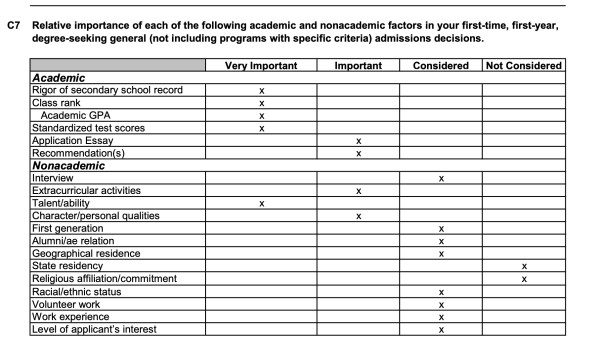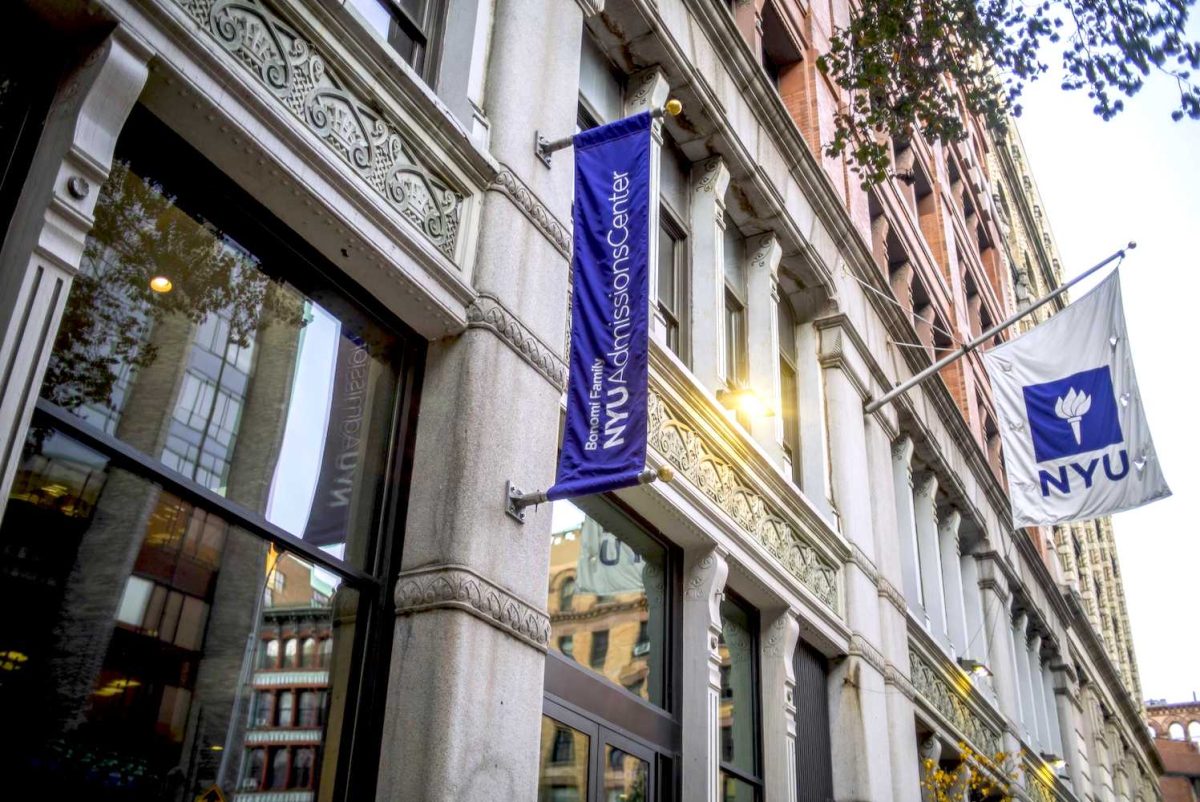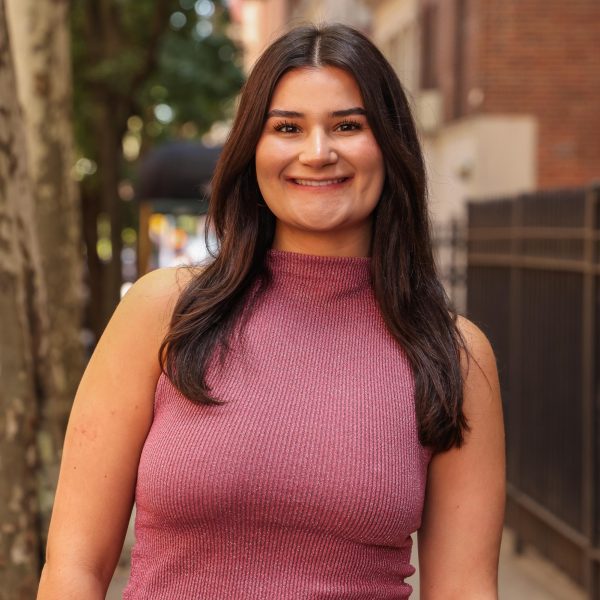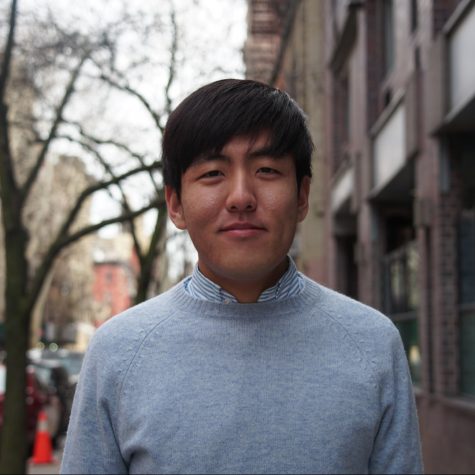NYU will no longer ask applicants whether they are children of alumni on the Common Application, a move to help clarify that it does not consider legacy status in the applications process.
The university will also stop marking alumni relations as “Considered” in admissions on its Common Data Set — an annual report of university statistics that includes applicant demographics — and will change the category to “Not Considered.” NYU spokesperson Joseph Tirella said that the CDS was marked this way because of the question regarding alumni ties being included in the Common App, and not because the university uses the information in admissions decisions.
Tirella also said that only 1.5% of the admitted class in the fall 2021 admissions cycle were legacy applicants, while 22% of the class were first generation applicants.
“We appreciate that it has caused confusion, especially now, when the issue of legacy admissions is being scrutinized,” Tirella wrote in a statement to WSN. “And, to repeat: NYU does not admit students on the basis of legacy; being the child of an alum is not a factor in our admissions decision-making; we don’t pay heed to legacy status in shaping a class; and NYU doesn’t have legacy ‘tips.’”
The “considered” designation on the CDS was also used to show that the university provided data on legacy information to interested offices on campus, according to a statement from associate vice president for undergraduate admissions Jonathan Williams.

Following the Supreme Court’s overturning of affirmative action in college admissions in June, many universities across the country are re-evaluating their use of legacy admissions due to concerns of the practice favoring privileged applicants. More recently, the U.S. Department of Education launched an investigation into Harvard University’s legacy admissions practices, after complaints that the policy gives white applicants an overwhelming advantage in the admissions process.
The New York City Council has also become involved in the issue, and called for the New York state legislature to pass a bill that would ban legacy admissions in New York state colleges in August.
Of all private universities, 42% consider an applicant’s legacy status in admissions, according to a 2018 Inside Higher Ed survey. A Harvard study also found that applicants with legacy status are also almost four times more likely to gain admission to a university, despite having the same test scores as the other applicants.
Contact Bruna Horvath at [email protected].

























































































































































